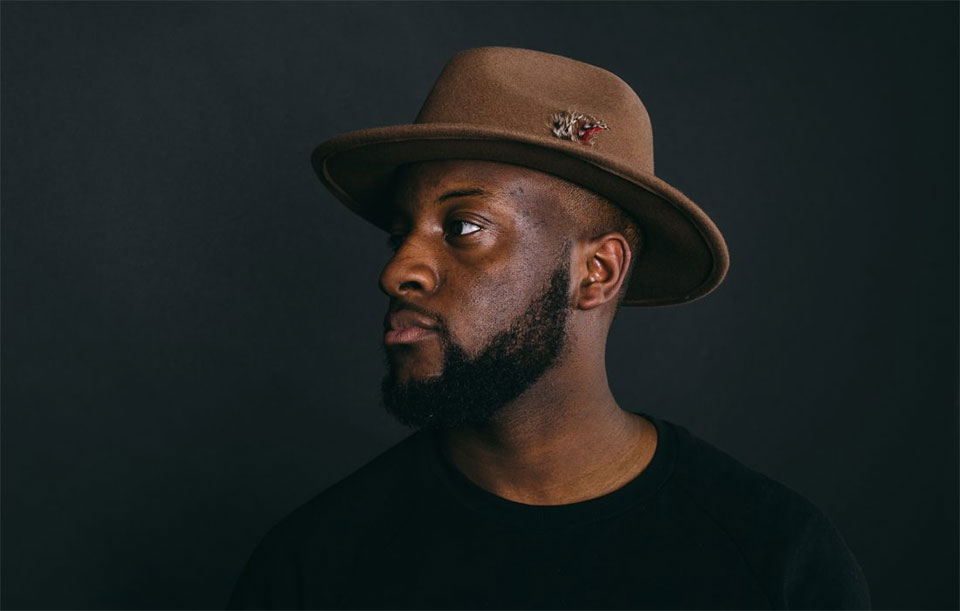Conscious Capitalism: How To Be a Fashion Brand that Facilitates Change

Behind everything we do, there must be a deeper purpose. Fashion leads and shapes ideas on a global level, and we should be doing that not just for the industry, but for business as a whole. As fashion brands look to provide beautiful pieces that may push the boundaries of design, we must also look at how we can adopt a business model that pushes the norms of traditional capitalism. Conscious capitalism can facilitate this transition and support a business model that is not only profitable but encourages social and economic change. Here are a few ways in which fashion brands can embrace conscious capitalism and make being socially responsible the chic way of doing business.
Examine your use of profits
As clothing and accessories brands generate income, it is always important to look at what you do with those profits. For example, some cause-related brands donate a portion of each sale to help support children in education. Some provide products to those in need. Others take an environmental approach by using sustainable materials and processes. When the company and staff know that they have a higher calling and that there is a purpose tied to their existence as a brand besides just making a profit, these values will continue to guide and inform business decision-making for the betterment of society.
Try to be more conscious in the production of goods
Fashion brands that pay a bit more in the manufacturing of their products and choose to work with ethical manufacturers can create economic empowerment for those employees. For example, this might mean ensuring that the factories you work with are not engaging in child labor. Being selective about where you manufacture and how your products are being manufactured is incredibly important to that local population. Don’t forget to share this detail with your customers, as they will be more willing to pay a bit extra knowing that the production of the goods has been ethical and in good faith.

Look at who you employ
Look at how your business can provide tangible pathways for employment to underserved communities or to groups or regions that have less economic opportunity. This is another way to adopt a conscious capitalist business mindset. This may be a longer route to production as you may have to invest more in training the staff and there may be some other barriers, but once overcome, it is incredible to create jobs and opportunities for underrepresented or unsupported communities.
Collaborate and support
One of the very natures of capitalism is to create a monopolistic mindset which only seeks to favor one as opposed to many. Another way to be more conscious of our capitalism is to look beyond the constraint of typical capitalism and seek to be more collaborative. Look at other brands that are emerging and, as opposed to purely seeing them as competition (and maybe even wanting to stamp them out), have a mindset of trying to add value to their business. Often in doing that you find they also can add value to yours. In that, you create a space and environment where more people can win.
Why adopt conscious capitalism?
In addition to being better for the world, conscious capitalism is good for business. About 88 percent of consumers want brands to help improve their environmental and social impact. That means they are looking for and are more likely to purchase from a brand that looks beyond profits and strives to create a better world through social change. Fashion brands should consider what social causes they can address and remember to engage in cause-related marketing to help consumers learn about your efforts.
Conscious capitalism is always in fashion
The fashion industry has a unique opportunity to be leaders in the conscious capitalism movement. We touch so many parts of the global economy, including labor and manufacturing, that we can make a huge impact on not only the fashion industry but on how others view business. By considering how we use our profits, how we produce our goods, who we employ, and how we treat others in the industry, we can create an industry standard that pushes the boundaries of traditional capitalism. We can still do this and be profitable, especially as a majority of consumers want to engage with and purchase from brands that help them address important social causes. The fashion industry can change the world and make conscious capitalism just as stylish as our clothing and accessories.
Written by William Adoasi.
Bring the best of the CEOWORLD magazine's global journalism to audiences in the United States and around the world. - Add CEOWORLD magazine to your Google News feed.
Follow CEOWORLD magazine headlines on: Google News, LinkedIn, Twitter, and Facebook.
Copyright 2025 The CEOWORLD magazine. All rights reserved. This material (and any extract from it) must not be copied, redistributed or placed on any website, without CEOWORLD magazine' prior written consent. For media queries, please contact: info@ceoworld.biz








